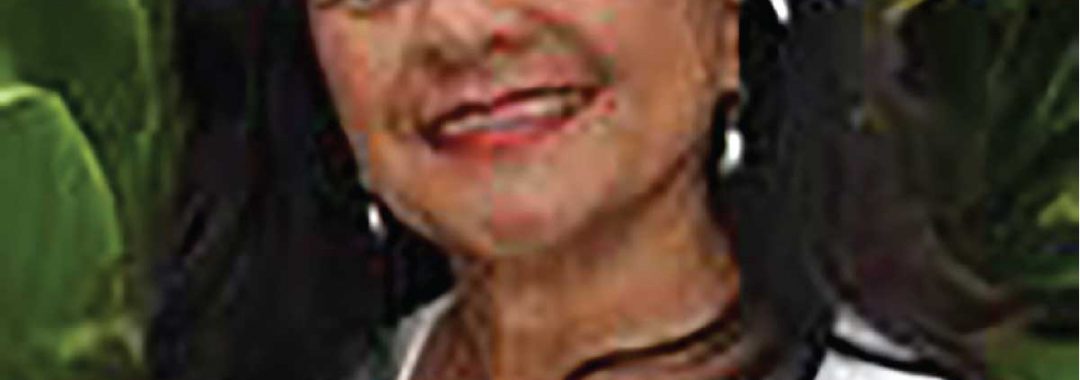Congratulations to S. Kauwela Valeho-Novikoff for passing her dissertation defense on Wednesday, April 24, 2024!
Title of Dissertation:
Aloha ʻĀina in the Library and Information Science Program: Understanding and Being a Hawaiian Place of Learning
Abstract:
Mānoa 2025 is our current strategic plan for the University of Hawaiʻi at Mānoa. The plan has made it very clear that each member, program, and department of our campus have kuleana (responsibility) to learn, acknowledge, and engage in the wisdom of Aloha ʻĀina. (UH Mānoa, 2018). The purpose of this qualitative study of multiple bounded cases is to investigate and examine the Library and Information Science (LIS) faculty, haumāna(students), and advisory group membersʻ understanding, habits of mind, points of view, positionalities, and knowings of Aloha ʻĀina in relation to the University of Hawaiʻi at Mānoaʻs vision grounded in and as a Native Hawaiian Place of Learning. With this examination of the kaiāulu (community), the study supports the vision, mission, and direction of LIS with the intention to hoʻomālamalama; to cultivate the unique and trailblazing potential of our LIS community members to be the lamakū (torch; light; enlightenment) for Aloha ʻĀina in Librarianship and Information Science practices for Hawaiʻi nei and the world. This research is also a self-study that allows the opportunity for my own professional learning of my practices as an educator and information specialist-librarian and may lead to a unique practice of Hawaiian Librarianship.
Transformative Learning Theory serves as the theoretical lens to guide and support this research. This theory examines the frames of reference or meaning perspectives of participants and is defined as the process by which we transform problematic frames of reference (mindsets, habits of mind, meaning perspectives) to make them more inclusive, discriminating, open, reflective, and emotionally able to change (Mezirow, 2008). Critical self-reflection is a key component of the process. From the Kanaka ʻŌiwi (Native) perspective, the study is grounded in Moʻo (connection and succession). Moʻo practices are woven like a lei, infused throughout this research process. The Moʻo also transforms. If our haumāna (students) at the University of Hawaiʻi at Mānoa carry Aloha ʻĀina forward, through the education they receive, the research and creative works that they conduct, and the collaborations with the larger communities in addressing key issues that sustain and mālama Hawaiʻi, then Aloha ʻĀina is a very important practice that should be prevalent and active in the minds, spirits, policies, and actions of the Library and Information Science program at the University of Hawaiʻi at Mānoa.
Committee Members:
Dr. Rich Gazan (CIS) – Chair
Dr. Lilikalā Kameʻeleihiwa (Kamakakūokalani Center for Hawaiian Studies) – University Representative
Dr. Anne Freese (College of Education Curriculum Studies)
Dr. Violet Harada (CIS)
Dr. Michael Brian Ogawa (CIS)

